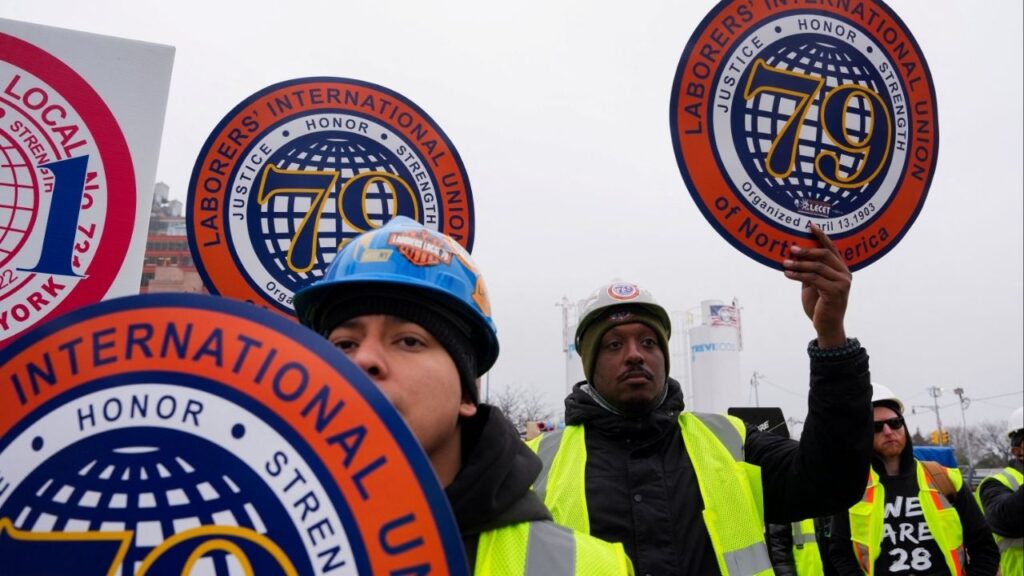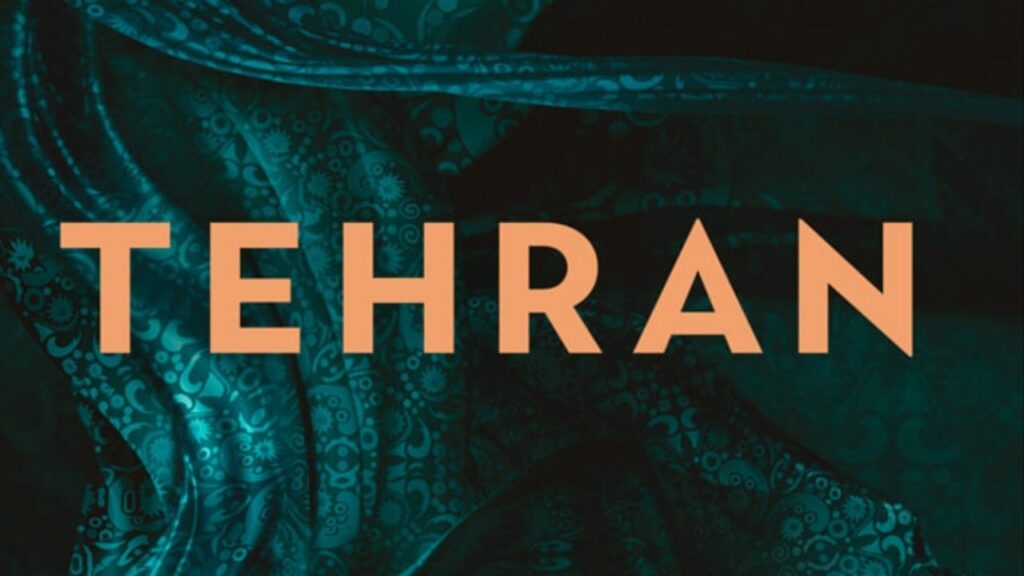Share
Reaction to the Trump v. Hawaii decision that upheld the President’s travel ban on seven nations remains strong days after the Supreme Court decided the case.
Trump’s third attempt at an executive order, after lower court rulings blocked the first two, restricted entry into the United States from citizens of Chad, Iran, Iraq, Libya, North Korea, Syria, Venezuela, and Yemen. Many opponents characterized it as a “Muslim ban,” based on the make-up of five of those countries. Hence, such a ban would be unconstitutional.
In Ashley Fetters’ analysis for The Atlantic, the effect on families caused the sharpest division between the five-member majority and the four dissenting justices.
“(Chief Justice John) Roberts writes that there are provisions to waive the law’s entry restrictions for immigrants hoping to reunite with family members already in the United States,” Fetters analyzes, describing a Trump proclamation “when a waiver might be appropriate, such as if the foreign national seeks to reside with a close family member, obtain urgent medical care, or pursue significant business obligations.”
A Dissenting View
Justice Sonia Sotomayor, in her dissent, writes that Trump’s “travel ban puts families hoping to immigrate to the United States together at risk,” observers Fetters.
Fetters observers:
“The “individuals with foreign relatives affected by the entry suspension” listed among the plaintiffs, she explains, have likely suffered irreparable harm in the absence of an injunction. Sotomayor lists “prolonged separation from family members” as one of “a multitude of harms that are not compensable with monetary damages and that are irreparable.”
Read Fetters’ full analysis here.
Read a copy of Chief Justice Roberts’ majority opinion.
Read a copy of Justice Sotomayor’s dissenting opinion.
Categories



















